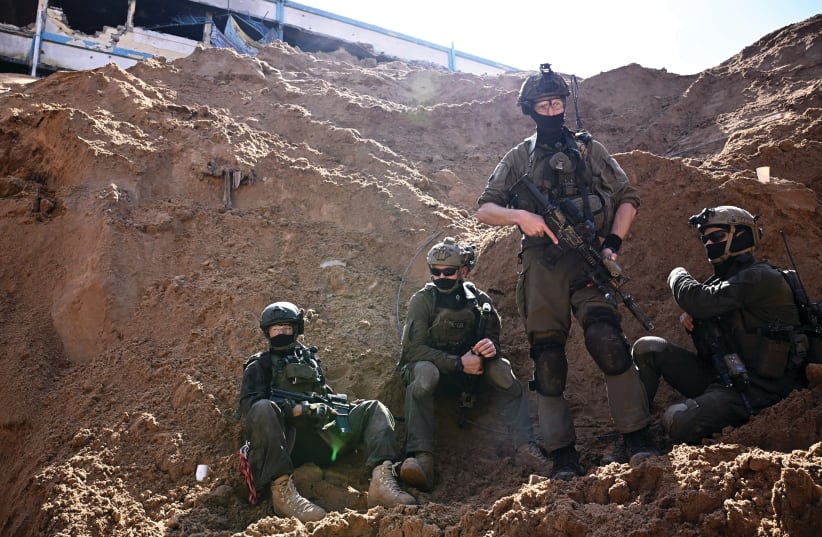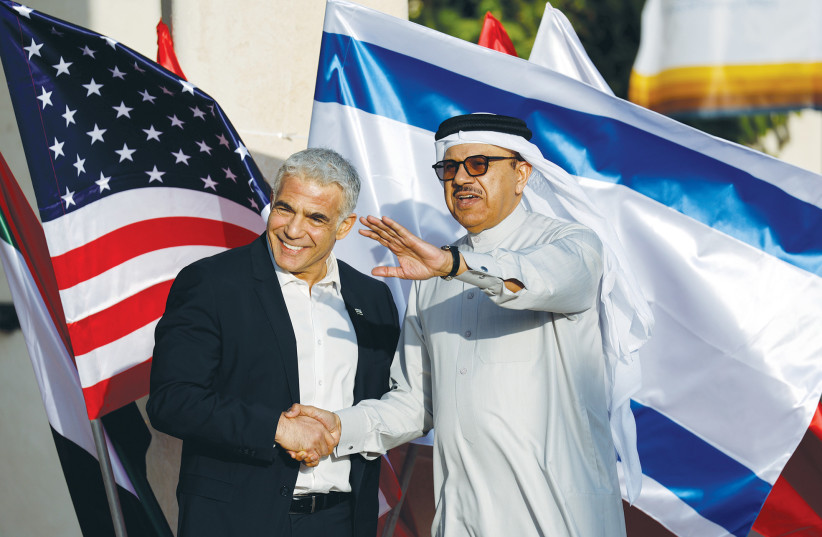In the short term, things look very difficult. Israel is in the midst of military confrontations with Hamas, Hezbollah, and Iran. In spite of the remarkable achievements of the IDF in Gaza, the war lingers on with no clear end in sight. Israel faces increasing international censure from the United Nations, the International Court, and from political leaders around the world. American college campuses are rife with anti-Israel activity. Radical Hamas supporters unashamedly call for the destruction of Israel and the murder of Jews.
We all feel the pain and the pressure. We are going through a protracted nightmare. And it won’t likely get better in the short term. But the crisis will pass, sooner (hopefully!) or later. How can things change for the better in the long term?
Israel must conclude its war in Gaza as quickly and effectively as possible. It must work with allies to put into place a responsible Palestinian leadership that will eschew ongoing warfare and that will work peacefully with Israel for the benefit of all. It cannot ignore the Palestinian issue or let it fester endlessly.
Time to look to the long-term
Israel has taken great strides forward through the Abraham Accords. The more Arab and Muslim countries that recognize Israel, the more secure Israel becomes. Formal diplomatic relations with Saudi Arabia would be a potential game-changer in the Middle East. Aside from the political and economic benefits, it would undercut the hateful voices that call for Israel’s destruction. It would make it clear that Israel is strong, creative, and a genuine partner with other nations seeking a harmonious region.
While short-term challenges must be faced courageously, we need to focus on long-term resolutions of problems. It isn’t realistic to expect that the deep hatred of our enemies will dissipate overnight. The ugly anti-Zionism and antisemitism that have exploded in recent months will not suddenly cease.
But visionary leadership can help us move gradually and intelligently beyond the problematic status quo. In spite of all the battles and threats, we need to formulate sensible strategies to bring us to a lasting peace.
We need to be strong to defend ourselves from our enemies. But we need special strength and blessing to work for and attain peace. Indeed, it may well be more difficult to achieve peace than to win wars.
“The Lord gives strength to His people, may the Lord bless His people with peace.”
The writer is director of the Institute for Jewish Ideas and Ideals, and rabbi emeritus of the historic Spanish and Portuguese Synagogue of New York City.

